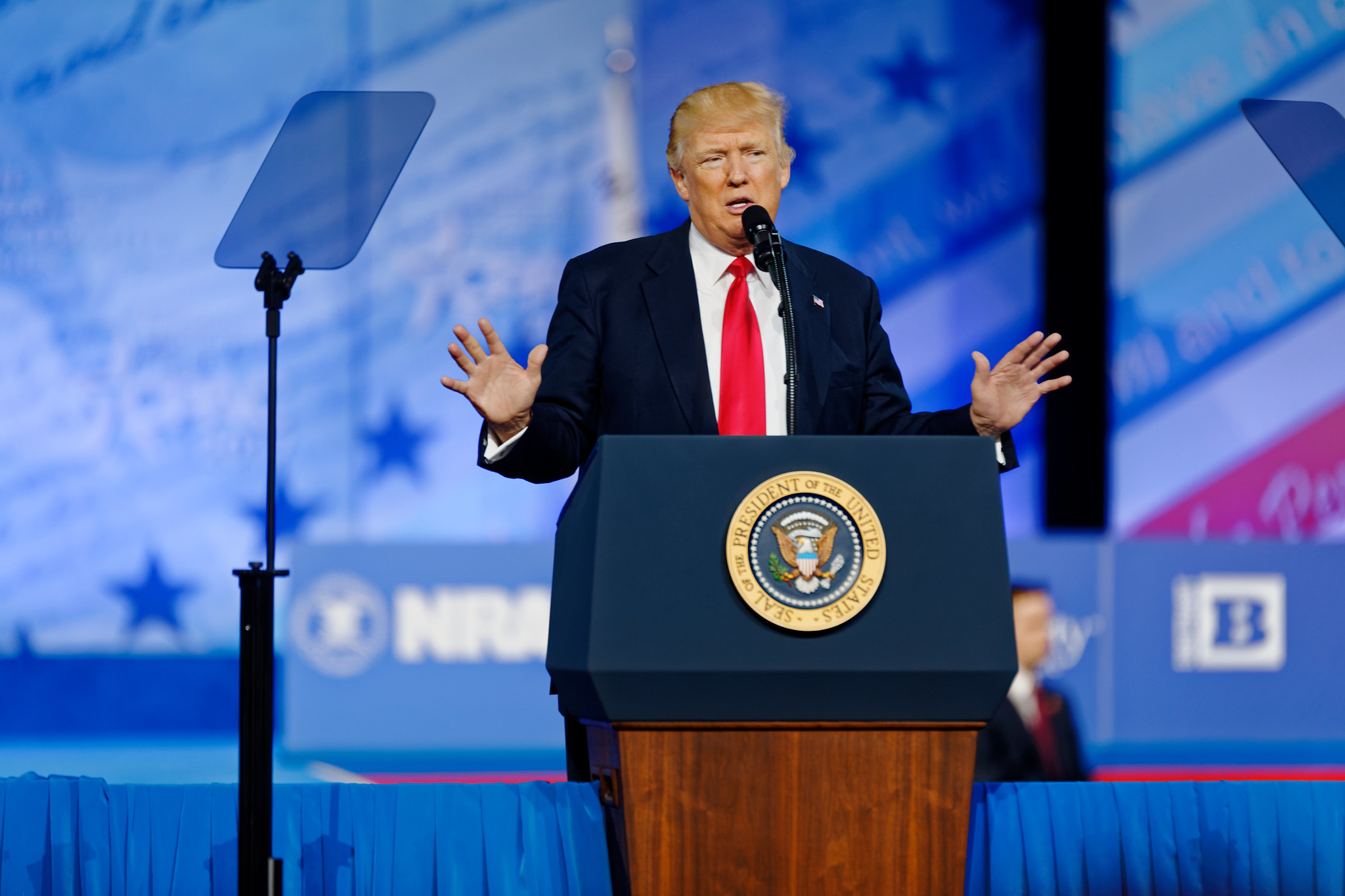 POLICY
POLICY
 POLICY
POLICY
 POLICY
POLICY
Numerous big technology firms have announced they’re preparing to shift some of their key manufacturing operations away from China to other nations in response to U.S. President Donald Trump’s intensifying trade war with the world’s second-largest economy.
Bloomberg reported today that Google LLC is the latest company to take evasive action, announcing Tuesday that it’s shifting production of its Nest smart thermostats and motherboards away from China to Taiwan. Google joins Nintendo Co. Ltd., which is said to be shifting at least some production of its new Swift video games console to Southeast Asia.
The moves come as China warned companies that they could face “permanent consequences” for cooperating with Trump’s trade restrictions, Bloomberg reported.
Trump ratcheted up the pressure on China last month when he announced he was increasing in tariffs on certain Chinese goods from 10% to 25%, after failing to make any headway during several months of negotiations. The increased tariffs will see products such as computers, motherboards, microprocessors, smartphones and video games consoles subject to a 25% tax – a rate that could force companies such as Nintendo to sell its consoles at a loss in the U.S.
Some suppliers seem better prepared than others, at least. On Tuesday, Apple Inc.’s main supplier Foxconn Technology Group said it would be able to manufacture all new iPhones destined for the U.S. outside of China if necessary. And Wistron Corp., a key supplier of white box computer servers to companies such as Facebook Inc. and Microsoft Corp., said it was also looking to move some of its operations away from China.
Holger Mueller, principal analyst and vice president of Constellation Research Inc., told SiliconANGLE that these moves were fairly predictable as companies have little choice but to comply with the regulatory and statutory changes they’re exposed to.
“A trade war with tariffs, when they’re substantial, has significance for any supply and service chain and that’s what is currently happening between the U.S. and China,” Mueller said. “In many cases the announcement and plans already bring the tariff combatants back to the negotiation table, so the challenge for enterprises is when to get serious on action. But as the Romans already knew “Semper Paratus”, or “always ready” is a good motto.”
Chinese firms have fewer options, however. In particular, Huawei Technologies Co. Ltd. is bearing the brunt of Trump’s sanctions after being cut off from receiving updates from Google’s Android platform and components from American chipmakers.
A report from the South China Morning Post earlier this month revealed that the company has apparently halted some smartphone manufacturing operations because of “reduced orders.” In addition, Huawei yesterday indefinitely canceled the launch of a new version of its popular Matebook laptop. According to CNBC, Richard Yu, CEO of Huawei’s consumer division, said the decision was made because of the U.S. sanctions against it.
“We cannot supply the PC,” Yu told CNBC, adding that the situation is “unfortunate.”
THANK YOU